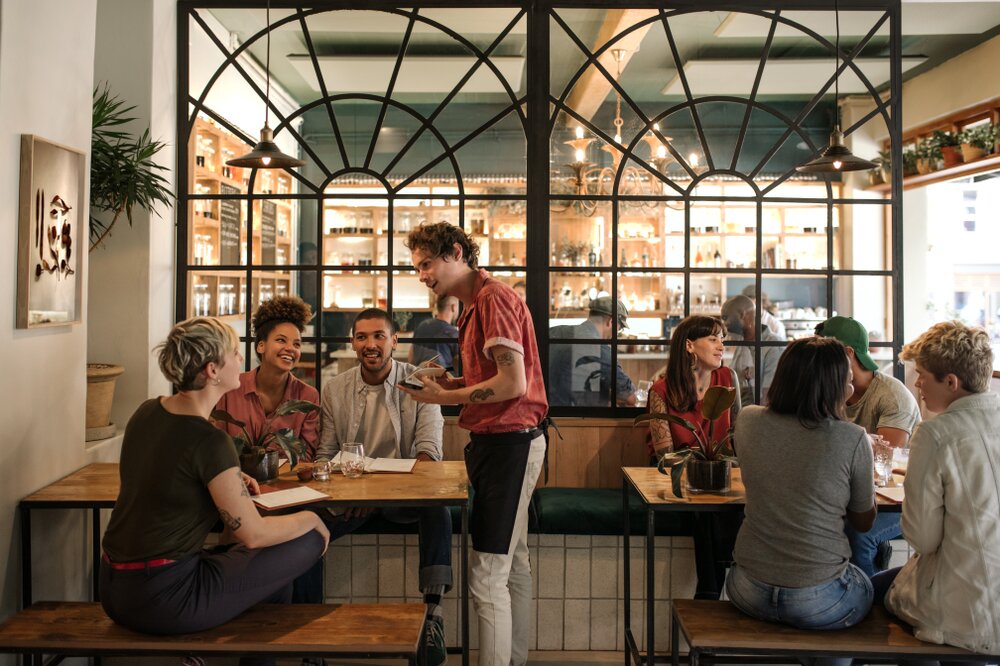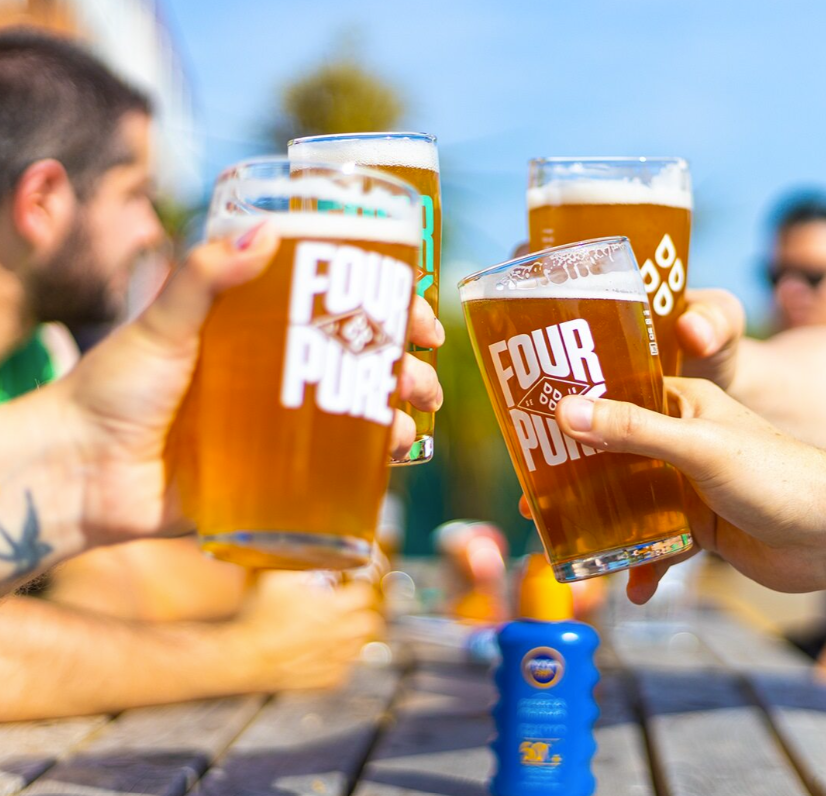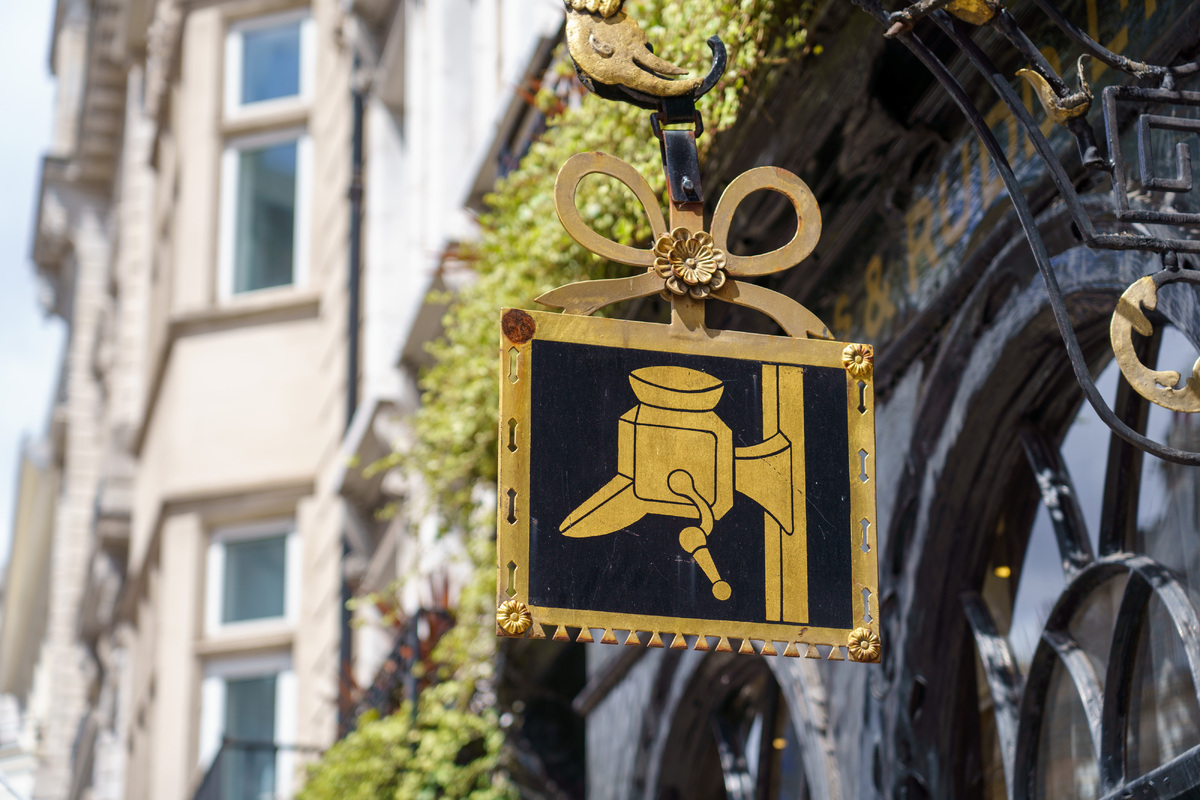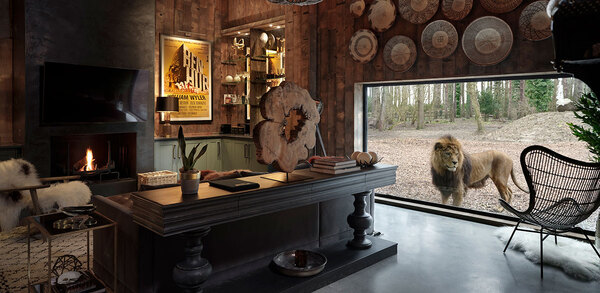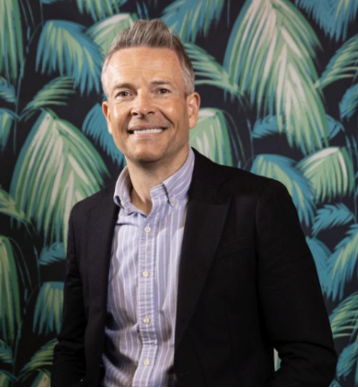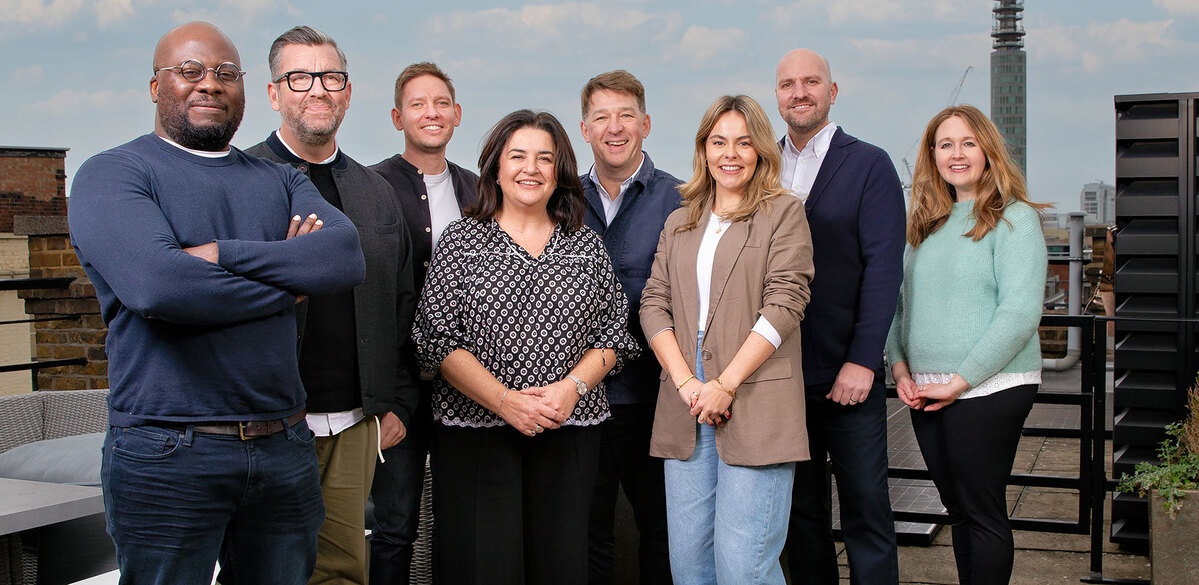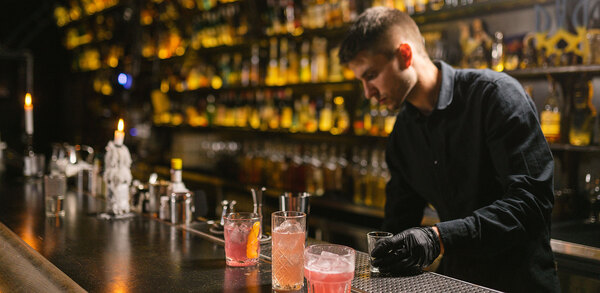Restaurants still struggling to hire skilled staff after industry 'exodus'
Restaurants are still struggling to hire staff with the right skills after an “exodus” of people from the hospitality industry following Brexit and the pandemic.
Marcello Distefano, managing director at the 35-strong San Carlo restaurant group, told the Northern Restaurant and Bar (NRB) show in Manchester that Covid had been “a big lesson” for the industry.
San Carlo Group was founded in Birmingham in 1992 and now runs 25 Italian restaurants in the UK and 10 international franchises, employing around 1,200 people.
“[Staffing is] a lot easier than it has been post-Covid. Things have settled down, the teams are more settled, we’ve got a lot less turnover of people, but it’s still a challenge getting the right skill levels in restaurants,” said Distefano.
“There are probably very few restaurateurs who would say their service levels are as good as they were pre-Covid. Sometimes we’re having to turn a blind eye more often than not.”
There were 112,000 staff vacancies across the hospitality industry at the end of 2023, according to the Office for National Statistics (ONS). While this marked a 35,000 drop on the previous year, it was still higher than the vacancy rate before the pandemic, which was 89,000.
Miles Kirby, co-founder and director at the Caravan restaurant group – which runs eight sites in London employing around 500 people – said Brexit and Covid had caused “a bit of an evacuation of skilled labour from the sector”.
“[The] changing face of the labour market and the hospitality industry…it’s completely different from what it used to be and it’s scary in some regards,” Kirby told NRB.
“There’s a lot of young people that don’t necessarily have a hospitality background that are entering the sector. It’s exciting as much as it’s scary.
"As a senior leader in the business, it’s very much seen as a responsibility for us to make sure these people are trained properly for the sustainability of the industry.”
Despite the challenges, Distefano said he remained positive and San Carlo was growing and developing new concepts to keep the team engaged.
"Everybody looks at the restaurant industry as one, but it’s actually become very polarised," he said. "I think business models are very different within the industry. All that’s happened is certain business models don’t work anymore, and that happens in lots of industries. Times change, industries change. You’ve got to come at things a different way.
"Yes, there’s negativity out there and I get it, it is harder for others than it is for some. There are still lots of restaurant groups that have been performing phenomenally well post-Covid.
He added: “Hospitality now is very, very creative, compared to many years ago. In the old days the model was make something and replicate it as many times as possible. We don’t believe in that. We could have taken San Carlo to however many sites, but we’ve started doing different concepts.
“We’ve all had to change. Covid was a big lesson for us, there was a mass exodus [of staff]. We all accepted for many years that if you want to work in hospitality, it’s tough and you’ve got to sacrifice your life because you love it…but we did it and were successful through it.
“But to expect the new generation to be like that is just not going to happen, we’re in a very different world.”
Image: Shutterstock



